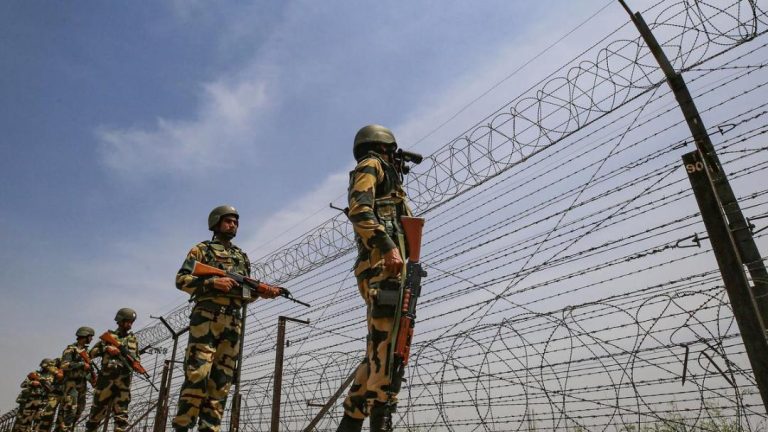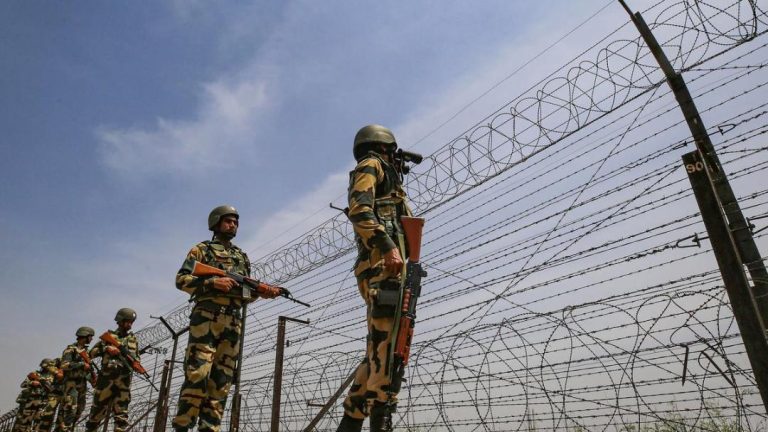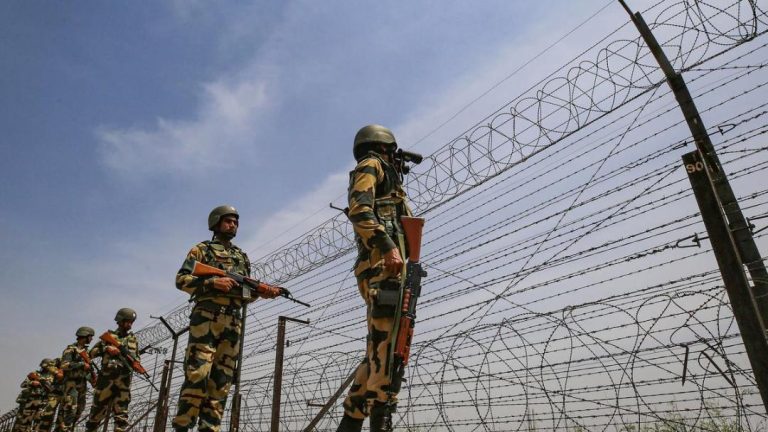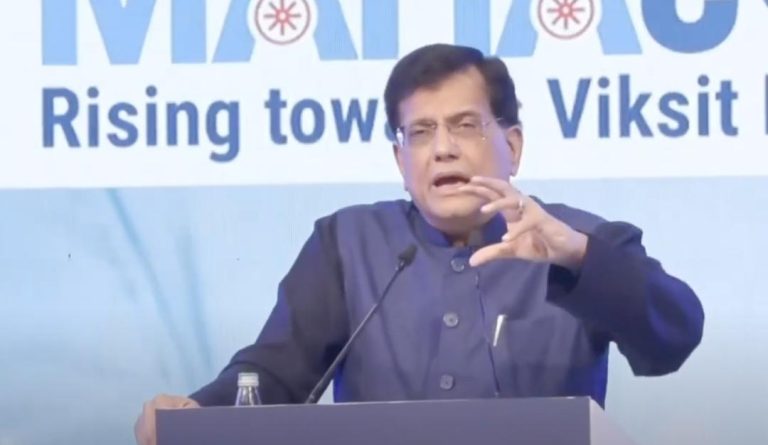
Tunnel Road Project in B’luru Criticized for Private Vehicle Focus
Bengaluru, the Silicon Valley of India, is known for its tech-savvy populace, vibrant culture, and chaotic traffic. The city’s residents have long been plagued by congestion, pollution, and inadequate public transportation. In a bid to alleviate these issues, the Karnataka government launched the Tunnel Road Project (TRP) in 2020, touted as a revolutionary solution to the city’s traffic woes. However, the project has recently come under fire for prioritizing private vehicles over public transit.
The TRP, championed by Deputy Chief Minister DK Shivakumar, aims to connect the city’s major hubs, including the Kempegowda International Airport, Electronic City, and Whitefield, via a 12-kilometer underground tunnel. The project’s Detailed Project Report (DPR) includes underground retail spaces, two-tiered parking, and electric trolleybuses to ferry commuters.
While the project’s proponents claim it will reduce congestion and improve air quality, urban experts and citizens are expressing concerns about the project’s focus on private vehicles. Satya Arikutharam, a renowned urban expert, argues that the project’s commercial motives overshadow the city’s genuine transport needs. “The TRP is more about generating revenue through real estate development and retail spaces than addressing the city’s transport woes,” Arikutharam said in an interview.
The TRP’s emphasis on private vehicles is evident in its design, which includes dedicated lanes for private cars and parking spaces. The project’s proponents claim that these facilities will reduce traffic congestion, but critics argue that they will only exacerbate the problem. “By prioritizing private vehicles, the TRP is essentially perpetuating a car-centric culture, which is unsustainable and environmentally harmful,” said Arikutharam.
Moreover, the project’s focus on electric trolleybuses has also been criticized. While electric buses are a step towards reducing emissions, they are not a viable solution for the city’s public transportation needs. “The TRP’s reliance on electric trolleybuses is a Band-Aid solution that doesn’t address the root issue of inadequate public transportation,” said Arikutharam. “The city needs a comprehensive public transportation system that is affordable, reliable, and efficient.”
Citizens are also expressing their discontent with the project. “I’m disappointed and outraged at the TRP’s focus on private vehicles,” said Suresh, a Bengaluru resident. “As a commuter, I’m tired of being stuck in traffic jams every day. The city needs a public transportation system that prioritizes pedestrians, cyclists, and public transport users, not private vehicles.”
The TRP’s commercial motives have also raised concerns about the project’s impact on the city’s character. “The project’s emphasis on retail spaces and parking facilities will only lead to more commercialization of the city’s public spaces,” said Arikutharam. “Bengaluru is already losing its charm due to rampant commercialization. We need to prioritize people-friendly spaces over commercial interests.”
The TRP’s critics are calling for a re-evaluation of the project’s priorities. “The city needs a people-centric approach to transportation, not a project that prioritizes private vehicles and commercial interests,” said Arikutharam. “We need to focus on creating a public transportation system that is affordable, reliable, and efficient, and not perpetuate a car-centric culture.”
In conclusion, while the TRP may have been touted as a solution to Bengaluru’s traffic woes, it has come under fire for prioritizing private vehicles over public transit. The project’s commercial motives and focus on electric trolleybuses have raised concerns about its impact on the city’s character and public transportation needs. The city needs a people-centric approach to transportation, not a project that prioritizes private vehicles and commercial interests.






